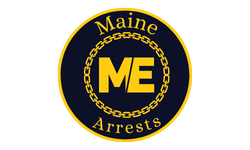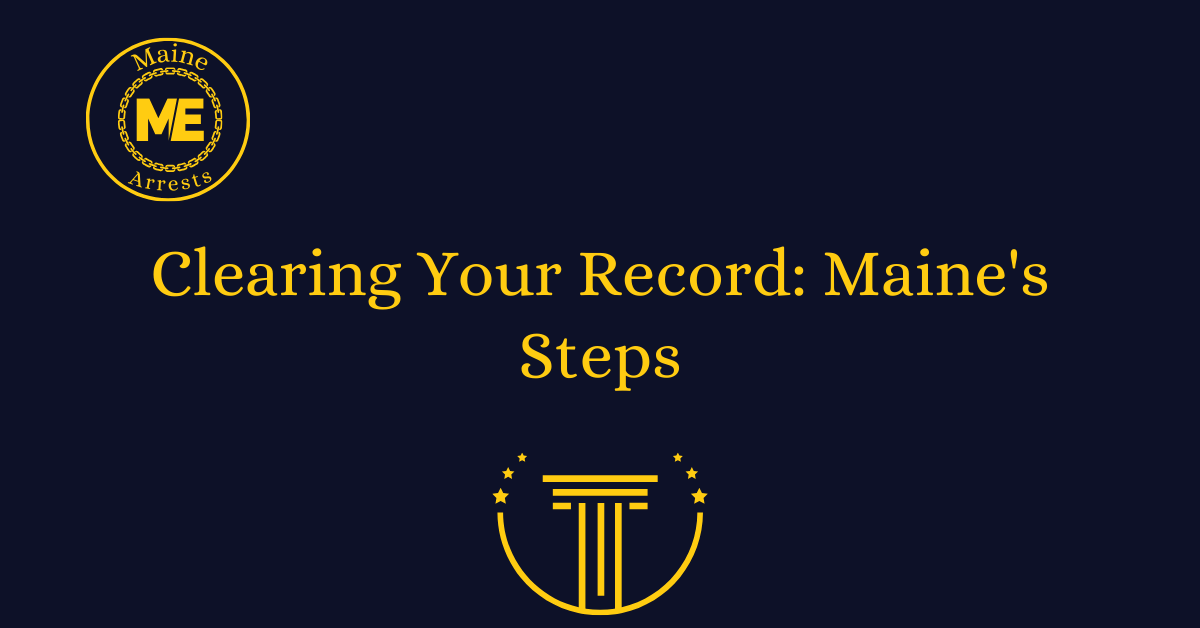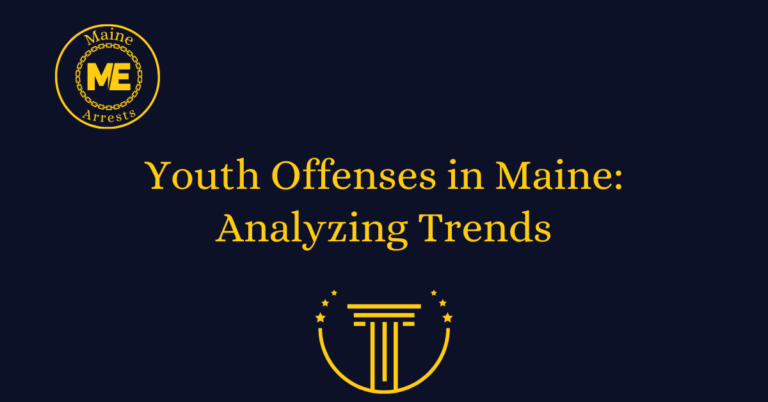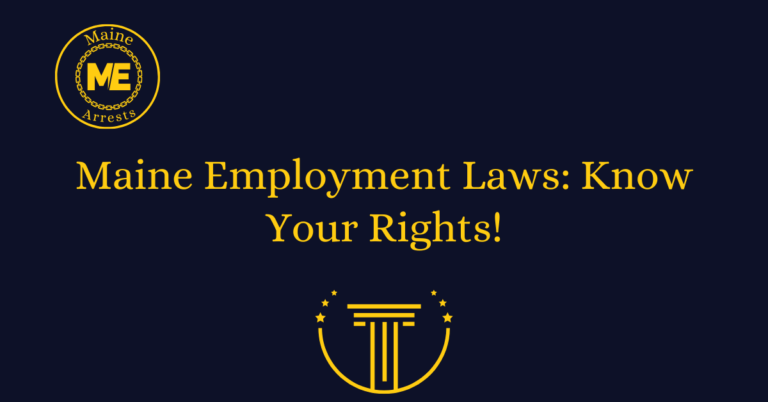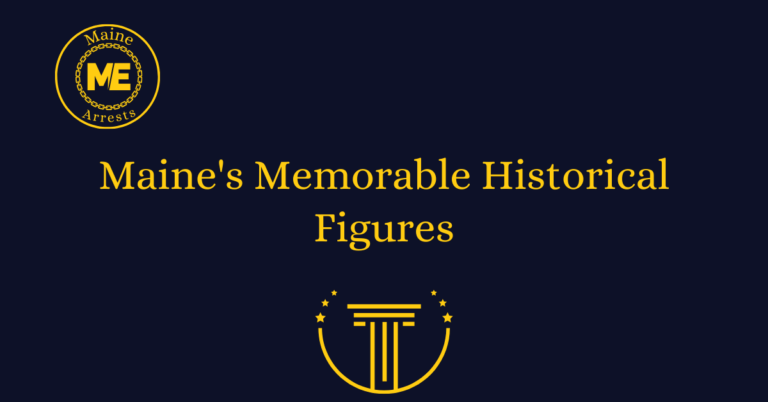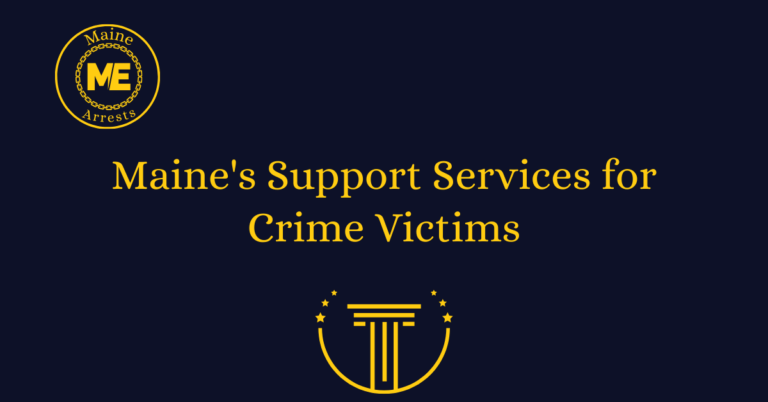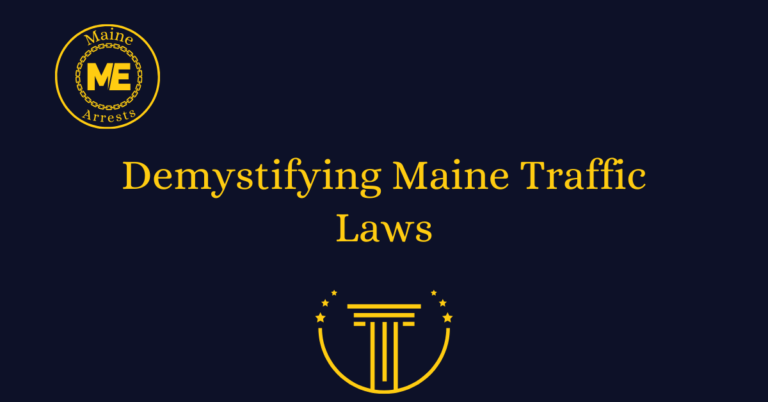Clearing Your Record: Maine’s Steps
In the state of Maine, individuals may find themselves burdened with a criminal record that can have lasting implications on their personal and professional lives. However, Maine provides avenues for individuals to clear their records through a process known as expungement or record sealing. Understanding the steps involved in this process is crucial for those seeking to move forward with a clean slate. This article will delve into the detailed steps involved in clearing your record in Maine, offering valuable information for individuals navigating this important legal procedure.
Understanding Expungement and Record Sealing
Before delving into the specific steps involved in clearing a record in Maine, it’s essential to understand the concepts of expungement and record sealing. Expungement refers to the complete erasure of a criminal record as if the offence never occurred. Record sealing, on the other hand, involves restricting access to the record, typically to law enforcement agencies and certain government entities. Both processes offer individuals the opportunity to move forward without the stigma and barriers associated with a criminal record.
Eligibility Criteria
The first step in clearing your record in Maine is determining your eligibility for expungement or record sealing. Eligibility criteria vary depending on the nature of the offence, the individual’s criminal history, and the specific laws governing expungement in the state. Generally, non-violent offences and misdemeanours are more likely to be eligible for expungement or sealing compared to serious felonies.
Researching Maine’s Laws
Once eligibility is established, individuals must familiarize themselves with Maine’s laws regarding expungement and record sealing. Consulting with a qualified attorney who specializes in criminal law can provide invaluable guidance in understanding the intricacies of the legal process and ensuring compliance with relevant statutes and procedures.
Gathering Necessary Documentation
Before initiating the expungement or record-sealing process, it is essential to gather all relevant documentation about the criminal conviction(s) in question. This may include court records, arrest records, probation documents, and any other pertinent paperwork. Thorough documentation is crucial for substantiating the request for record clearance and expediting the process.
Filing the Petition
The next step involves filing a petition for expungement or record sealing with the appropriate court in Maine. The petition must include detailed information about the individual’s criminal history, the specific offence (s) for which clearance is sought, and compelling reasons for why expungement or sealing is warranted. It is advisable to seek the assistance of legal counsel in drafting and filing the petition to ensure accuracy and compliance with procedural requirements.
Attending Court Hearings
After filing the petition, individuals may be required to attend one or more court hearings as part of the expungement or record-sealing process. During these hearings, a judge will review the petition, consider any objections from relevant parties, and decide based on the merits of the case. It is essential to present oneself professionally and respectfully in court proceedings, as judges weigh various factors in deciding whether to grant record clearance.
Complying with Court Orders
If the petition for expungement or record sealing is approved by the court, individuals must comply with any additional requirements or conditions imposed as part of the court order. This may include completing community service, attending rehabilitation programs, or paying fines and restitution. Fulfilling these obligations in a timely and thorough manner is crucial for finalizing the record clearance process.
Enjoying the Benefits of a Clean Record
Once the record clearance process is complete, individuals can enjoy the numerous benefits of having a clean record in Maine. These benefits may include improved employment opportunities, enhanced eligibility for housing and financial assistance, and restored civil rights such as voting and firearm ownership. Clearing one’s record can open doors to a brighter future and allow individuals to move forward with confidence and dignity.
FAQS
What is Clearing Your Record?
Clearing Your Record refers to the process of removing criminal convictions or arrests from your public record. It allows individuals to start fresh without the burden of past mistakes affecting their future.
Why should I clear my record?
Clearing your record has several benefits. It can improve your chances of finding employment, housing, and education opportunities. It also helps restore your reputation and provides a sense of closure and redemption.
How do I start the record-clearing process in Maine?
To begin clearing your record in Maine, you need to file a petition with the court where the conviction or arrest occurred. The petition should include details about the offence, your rehabilitation efforts, and reasons why clearing your record is necessary. It is recommended to seek legal counsel to navigate the process effectively.
What crimes are eligible for record clearing in Maine?
Maine allows record clearing for certain misdemeanour and felony convictions. Eligibility varies depending on factors such as the nature of the offence, time since conviction, and completion of sentence or probation. It is best to consult with an attorney to determine your eligibility.
How long does the record-clearing process take in Maine?
The record-clearing process in Maine can take several months to complete. It involves gathering necessary documents, filing the petition, attending hearings, and awaiting a decision from the court. The timeline may vary depending on individual circumstances and court schedules.
Will record clearing completely erase my criminal history?
Record clearing in Maine does not completely erase your criminal history. Rather, it seals the records from public view, making them inaccessible to most employers, landlords, and educational institutions. However, certain government agencies and law enforcement entities may still have access to sealed records under specific circumstances.
